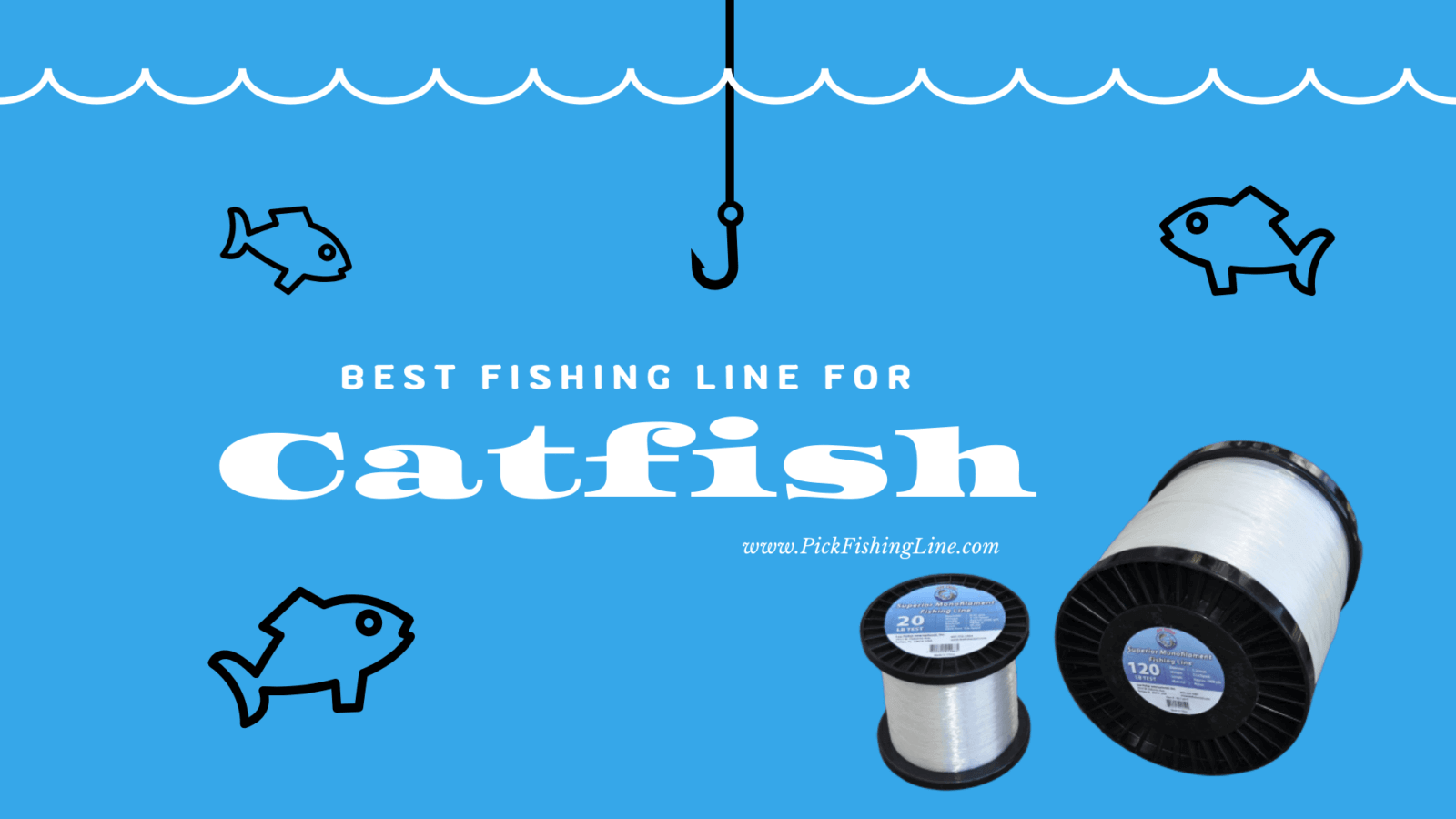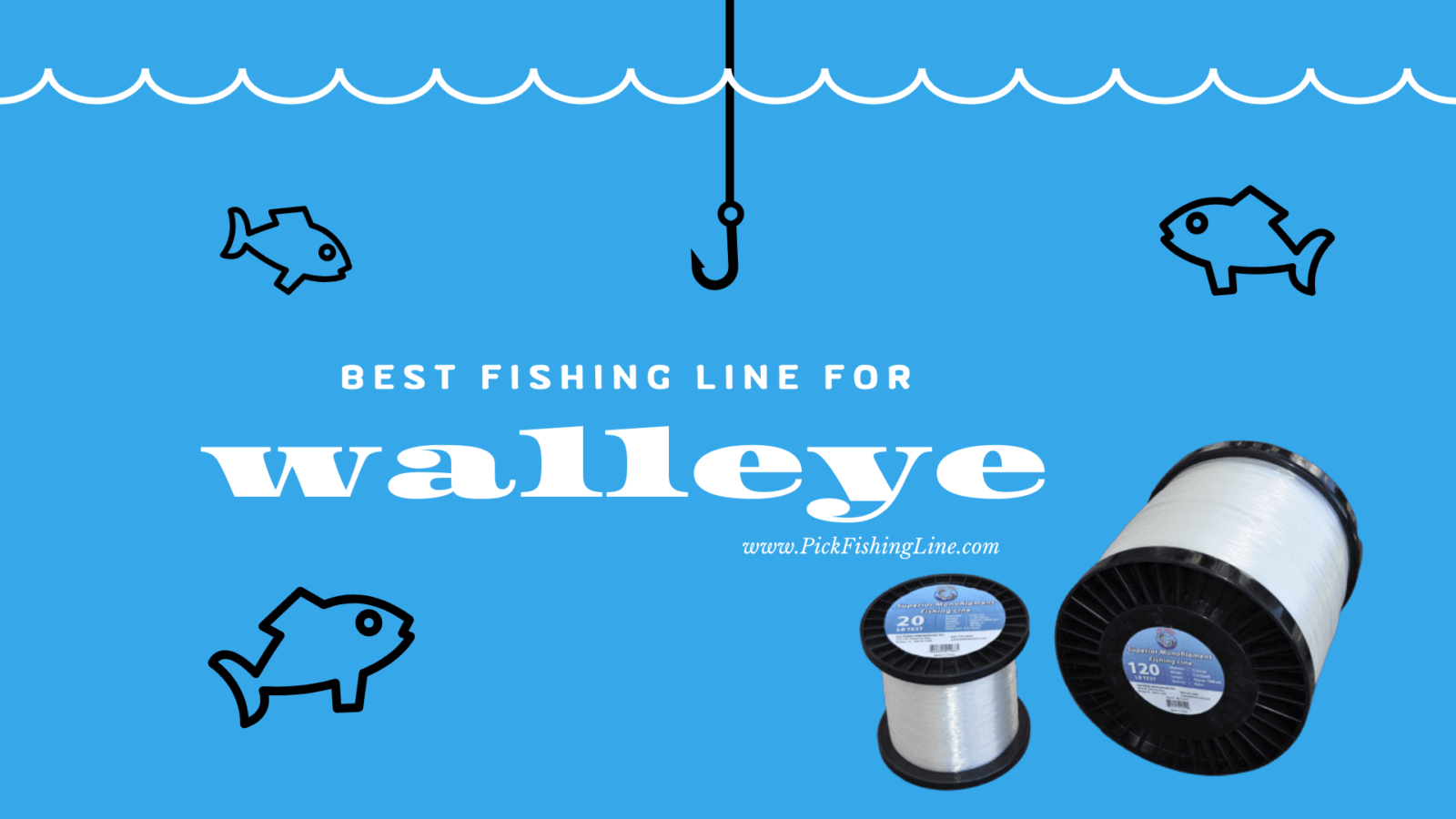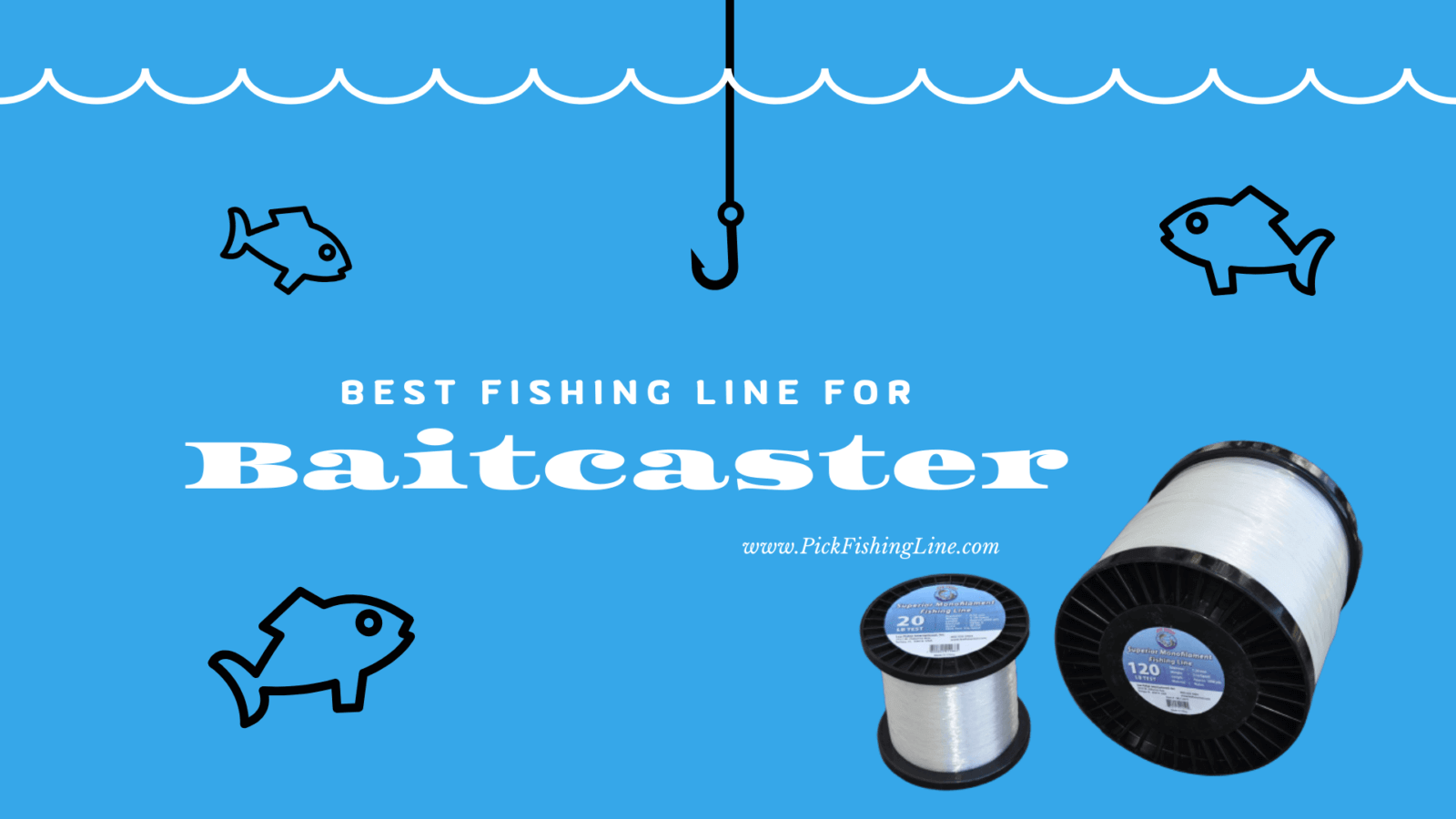Fedgrantandloan.gov.ng serves as a valuable resource for individuals seeking financial support through grants and loans. It aims to provide essential information about various funding opportunities available to citizens. Understanding the different types of grants and loans can empower individuals to take charge of their financial futures. Whether you are a student, an entrepreneur, or someone looking to fund a community project, knowing where to find the right financial assistance is crucial for achieving your goals.
Exploring funding options can be a daunting task, but with the right information, individuals can navigate the landscape more effectively. Fedgrantandloan.gov.ng offers insights into different funding programs, eligibility requirements, and application processes. By familiarizing yourself with these aspects, you can make informed decisions that align with your financial needs. The website aims to demystify the process of obtaining financial assistance, ensuring that everyone has access to the opportunities they deserve.
Funding Opportunities Available on Fedgrantandloan.gov.ng
Fedgrantandloan.gov.ng serves as a vital resource for individuals seeking financial support through various funding opportunities. This platform connects users with a broad range of financial assistance options, including grants and loans designed to meet diverse needs. Whether you are looking to fund a project, pursue educational goals, or manage personal expenses, this website provides essential information and resources to help you access the funding you require. Understanding the different types of financial assistance available can empower individuals to make informed decisions about their financial future.
Types of Grants Offered
Grants are a popular form of financial assistance because they do not require repayment. Fedgrantandloan.gov.ng offers several types of grants that cater to different purposes and demographics. Some of the common categories include:
- Government Grants for Nonprofits: These grants support organizations that serve the community through various services, including education, health, and welfare.
- Project Grants: Designed to fund specific projects, these grants often require a detailed proposal outlining the project’s objectives and anticipated outcomes.
- Research Grants: Aimed at academic and scientific research, these grants support studies that contribute to knowledge in specific fields.
Types of Loans Available
In addition to grants, Fedgrantandloan.gov.ng provides information on various loan options that individuals can utilize. Loans often need to be repaid, but they can be essential for achieving larger financial goals. The primary types of loans available include:
- Personal Loans: These loans can help individuals manage personal expenses, such as medical bills or home repairs.
- Student Loans: Designed to assist students in paying for their education, these loans often come with flexible repayment options.
- Business Loans: For entrepreneurs, these loans can help in starting or expanding a business, providing the necessary capital for growth.
Government Grants for Individuals
Government grants for individuals are an excellent way to obtain financial support without the burden of repayment. These grants can help with various needs, including education, housing, and health care. Eligibility for these grants often depends on specific criteria, such as income level or project type. Individuals should research the available grants and understand the requirements to maximize their chances of approval.
Grants for Educational Purposes
Education grants are specifically geared towards supporting individuals who wish to further their education. These grants can cover tuition fees, books, and other related expenses. Many organizations, including government bodies and private foundations, offer these grants. Applicants must often provide proof of enrollment and demonstrate financial need to qualify for educational funding.
Eligibility Requirements for Funding
To successfully apply for funding opportunities on Fedgrantandloan.gov.ng, individuals must meet certain eligibility requirements. These requirements vary by grant or loan type but generally include:
- Residency: Applicants usually need to be residents of the country or state where the funding is offered.
- Income Level: Many funding opportunities are aimed at low to moderate-income individuals and families.
- Project Type: Some grants require that the proposed project aligns with specific goals or priorities set by the funding agency.
Application Process for Grants and Loans
The application process for grants and loans can vary significantly based on the type of funding sought. Generally, there are specific steps to follow to ensure a complete application. Understanding this process is critical for increasing the likelihood of receiving funding.
Steps to Apply for Grants
Applying for grants typically involves several steps, which may include:
- Research potential grants that align with your needs and qualifications.
- Prepare a detailed proposal that outlines your project, including objectives, budget, and anticipated outcomes.
- Gather necessary documents, such as identification and proof of income.
- Submit your application before the deadline, ensuring all required information is included.
Steps to Apply for Loans
The loan application process often requires different steps compared to grants. Here are some common steps involved:
- Determine the type of loan you need and research lenders who offer those loans.
- Complete the loan application form accurately, providing all requested information.
- Provide necessary documentation, such as proof of income and credit history.
- Review the loan terms carefully before accepting any offer.
Tips for Successful Applications
To improve the chances of securing funding, applicants should consider several practical tips:
- Follow Instructions: Carefully adhere to the guidelines provided for each grant or loan application.
- Be Clear and Concise: Clearly articulate your project goals and funding needs in your proposal.
- Document Everything: Keep thorough records of your application process, including submitted documents and communication with funding agencies.
Common Mistakes to Avoid
Avoiding common pitfalls can significantly enhance the success rate of applications for funding. Some mistakes to watch out for include:
- Incomplete Applications: Failing to provide all necessary information can lead to automatic disqualification.
- Missed Deadlines: Ensure that all applications are submitted on time to avoid disqualification.
- Poor Proposal Quality: Submitting poorly written or unclear proposals can diminish the chances of funding.
Resources for Financial Assistance
In addition to Fedgrantandloan.gov.ng, various other resources can provide information and assistance regarding funding opportunities. These include:
- Local Community Centers: Many community organizations offer resources and guidance for obtaining financial support.
- Schools and Universities: Educational institutions often have departments dedicated to financial aid and can help students find relevant grants and scholarships.
- Nonprofit Organizations: Numerous nonprofits specialize in helping individuals access funding for a range of purposes.
Frequently Asked Questions
This section aims to address common inquiries regarding financial support through grants and loans. By providing clear and concise answers, individuals can better understand the resources available to them and how to navigate the funding landscape effectively.
What types of grants are available?
Grants come in various forms, including federal, state, and private funding. They can support education, research, community development, and specific projects. Understanding the purpose of each grant type is essential for identifying the right opportunity to meet individual goals, whether academic, entrepreneurial, or community-focused.
How can I apply for a loan?
Applying for a loan typically involves researching lenders, gathering necessary documentation, and submitting an application. Each lender may have specific criteria, including credit checks and income verification. Familiarizing oneself with the application process increases the chances of securing the necessary financial support for various needs.
What are eligibility requirements for grants?
Eligibility requirements for grants often vary based on the funding source and intended purpose. Common criteria include residency status, income level, project scope, and demographic factors. Understanding these requirements is crucial for applicants to ensure they meet the necessary qualifications before submitting their proposals.
How can I find funding opportunities?
Finding funding opportunities can be achieved through various channels such as online databases, government websites, and community resources. Fedgrantandloan.gov.ng serves as a helpful platform, providing comprehensive information on available grants and loans tailored to different needs, ensuring individuals can access the right support.
What is the difference between a grant and a loan?
The primary difference between a grant and a loan lies in repayment. Grants do not require repayment, making them ideal for those needing financial assistance without the burden of debt. Loans, however, must be repaid over time, often with interest, and are typically used for larger financial needs.
Can I use grant funds for personal expenses?
Generally, grant funds must be used for specific purposes as outlined in the funding agreement. Personal expenses are usually not covered. Understanding the stipulations of grant funding is essential to ensure compliance and avoid potential repercussions, including having to repay awarded funds if misused.






